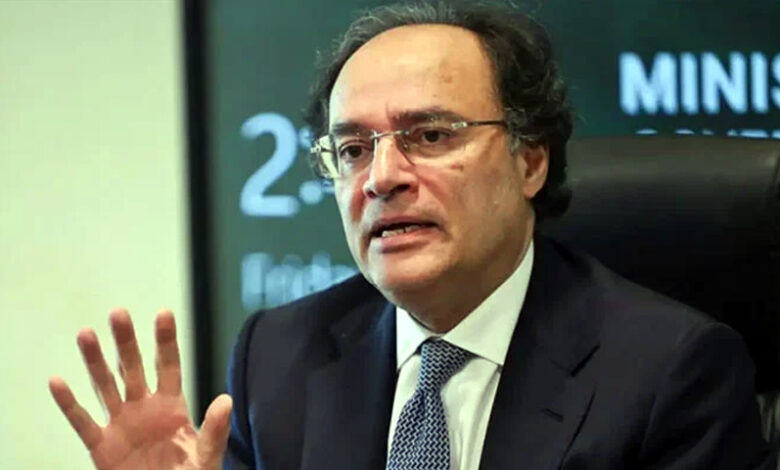
Finance Minister Muhammad Aurangzeb has called for global trade reforms to help developing nations overcome trade barriers, excessive tariffs, and financial restrictions. Speaking at the Boao Forum for Asia 2025, Aurangzeb pointed out how current global trade practices disproportionately benefit developed countries. He warned that if inequalities continue, the gap between rich and poor nations will only widen.
Aurangzeb emphasized the importance of an inclusive global economy and proposed creating a Global Alliance for Inclusive Trade. This alliance would push for fairer trade policies, better representation in international financial institutions, and greater access to technology for developing countries. He also advocated for the establishment of global AI and fintech funds to support digital transformation in emerging economies.
The finance minister highlighted the need for restructuring sovereign debt, urging the G20 and IMF to address financial distress in struggling nations. He also called for stronger climate finance reforms, stressing that developing countries, despite contributing less to carbon emissions, are among the most climate-vulnerable. Aurangzeb called for more international support in tackling climate change.
Aurangzeb outlined Pakistan’s efforts to strengthen its economy, including initiatives like the Special Investment Facilitation Council (SIFC) and the China-Pakistan Economic Corridor (CPEC). These efforts have improved trade potential and attracted foreign investment. However, he stressed that global cooperation in areas like AI, fintech, and digital commerce is essential for the growth of developing nations, particularly Pakistan’s SMEs.